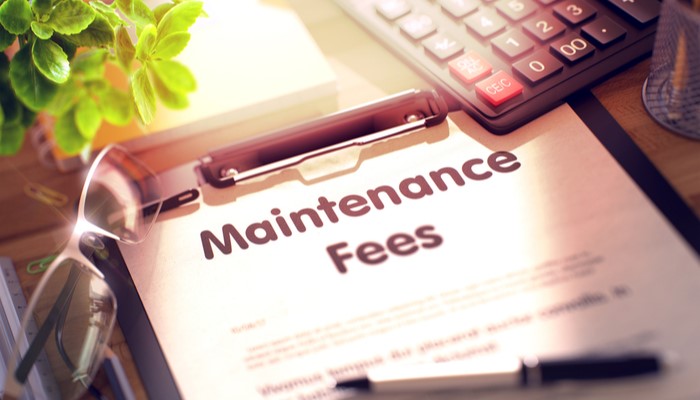Understanding CAM Charges in a Commercial Lease

If you’re leasing commercial space, whether as a tenant or a landlord, understanding Common Area Maintenance (CAM) charges is crucial. CAM fees can significantly impact the overall cost of a lease and are often a source of confusion and potential disputes. This blog will break down the essentials of CAM charges—what they are, how they’re calculated, and their implications for both parties.
What Are CAM Charges?
CAM charges refer to the costs associated with maintaining and operating the shared spaces within a commercial property. These common areas typically include parking lots, hallways, elevators, landscaping, and other shared amenities. CAM fees are designed to distribute the cost of these shared services among all tenants in a property.
Common expenses covered by CAM charges include:
- Maintenance and repair of shared spaces
- Landscaping and snow removal
- Security services
- Utilities for common areas (e.g., lighting and HVAC)
- Property management fees
The specifics of what CAM fees cover should be detailed in the lease agreement. It’s important for both landlords and tenants to carefully review these provisions to avoid misunderstandings.
How Are CAM Charges Calculated?
CAM charges are typically calculated based on the tenant’s proportionate share of the property. This share is determined by dividing the square footage of the tenant’s leased space by the total leasable square footage of the property. For example, if a tenant occupies 10,000 square feet in a 100,000-square-foot property, their share of CAM charges would be 10%.
The landlord estimates the annual CAM costs and divides these among the tenants based on their respective shares. Tenants usually pay CAM fees in monthly installments along with their base rent. At the end of the year, the landlord reconciles the actual expenses with the estimated costs, which may result in additional charges or a refund for the tenant.
Lease Types and Their Impact on CAM Costs
The type of lease agreement significantly influences how CAM charges are handled:
- Gross Lease: In a gross lease, the landlord typically absorbs the CAM costs, and the tenant pays a fixed rent amount. While this simplifies budgeting for tenants, landlords often include a premium in the rent to cover anticipated expenses.
- Net Lease: In a net lease, tenants are responsible for paying a share of the CAM charges in addition to their base rent. This type of lease is common in commercial properties and allows landlords to pass through operating costs directly to tenants.
- Modified Gross Lease: This lease type blends elements of both gross and net leases. Certain expenses may be included in the base rent, while others, like CAM charges, are billed separately.
Price Caps, Floors, and Protections for Both Parties
CAM clauses often include mechanisms to protect both landlords and tenants from excessive cost fluctuations:
- Caps on CAM Charges: A cap limits the maximum annual increase in CAM fees, providing tenants with predictability and protection from steep cost hikes. Caps are often negotiated during the lease process.
- Floors for CAM Contributions: A floor establishes a minimum amount that tenants must contribute, ensuring landlords can cover essential maintenance costs even if actual expenses decrease.
- Exclusions and Auditing Rights: Tenants may negotiate exclusions for specific costs (e.g., capital improvements or landlord’s administrative expenses) and request the right to audit CAM charges to ensure transparency.
For tenants, understanding CAM charges is critical for budgeting and avoiding unexpected costs. For landlords, clear communication and detailed lease provisions can help prevent disputes and ensure fair cost distribution. Both parties should:
- Review the lease agreement carefully
- Negotiate CAM terms that provide transparency and fairness
- Regularly reconcile and review CAM charges
We specialize in navigating the complexities of commercial real estate leases. Whether you’re drafting a lease agreement or seeking to resolve a dispute over CAM fees, our experienced legal team is here to help. Contact us today to protect your interests and gain peace of mind in your commercial leasing transactions.
